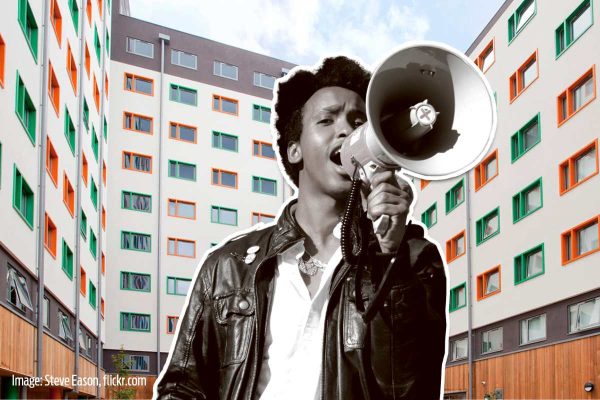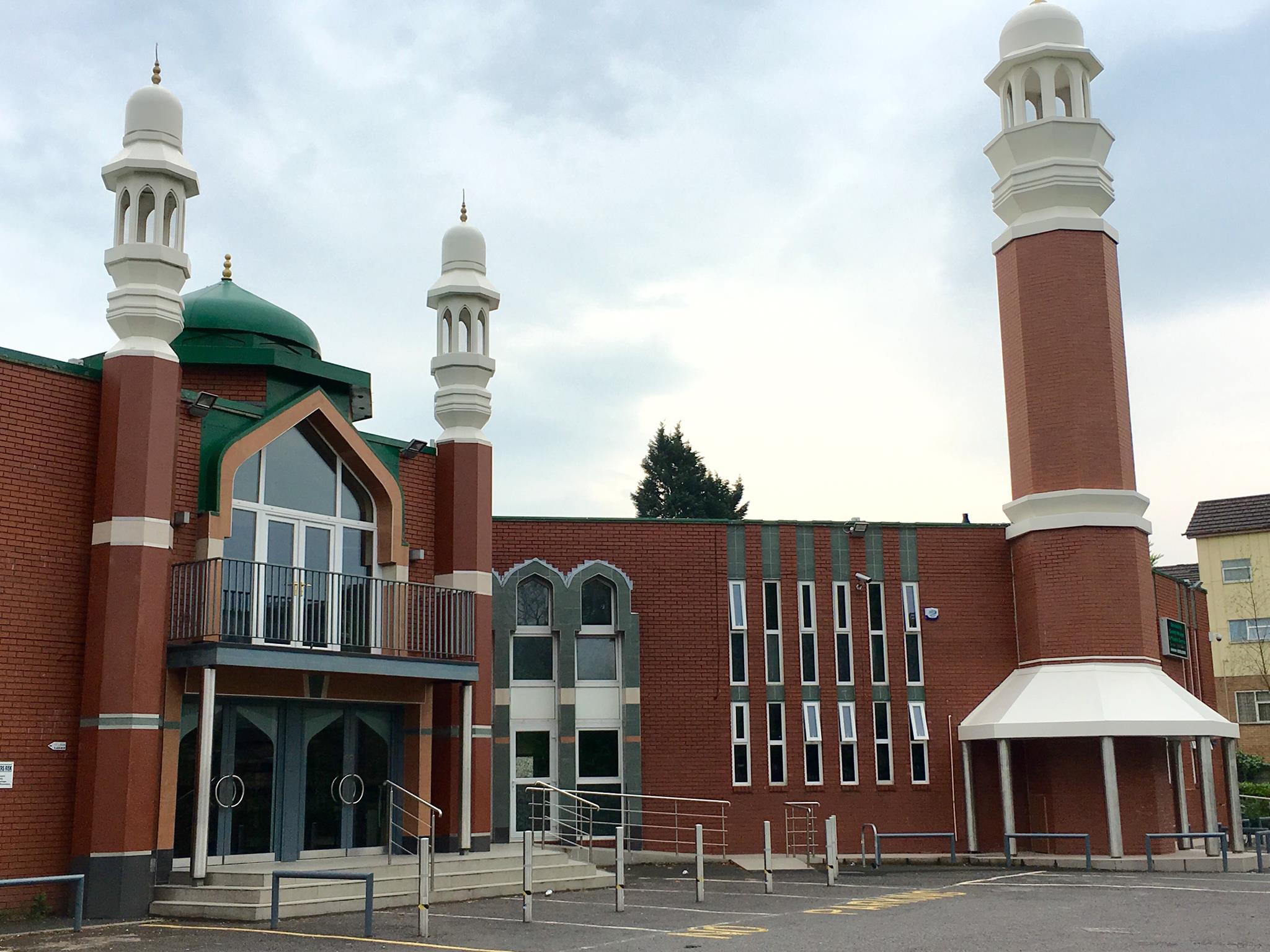“It is a miracle that students aren’t rioting at beleaguered universities.”
(Financial Times, 16 Sept 2023)
A five-year-long industrial dispute. An endemic funding crisis. Record levels of staff burnout. The student housing crisis. It’s no secret that UK universities are struggling.
But the extent of the crisis in higher education (HE) runs far deeper than many may realise. And no one – from government ministers to university chancellors – knows what to do about it.
But one thing is certain: this crisis is a finished recipe for explosive struggle on campuses.
‘Marketisation’
What is referred to as ‘marketisation’ began during Blair’s New Labour government, which introduced £1,000 per year tuition fees in 1998, and then tripled them in 2006.
But this policy was ramped up by the 2010 Tory-Lib-Dem coalition government, in the wake of the 2008 crisis of capitalism.
By removing direct government funding, opening up campuses to private contractors, and having universities compete with one another like businesses, we were told that efficiency and innovation would flourish in the HE sector. So the theory goes.

But beneath all the verbiage, marketisation was just plain old austerity: slashing public spending, and clawing back the money used to bail out the banks and keep the capitalist system chugging along.
From 2010 onwards, the government drastically reduced direct state funding for HE institutions, by 100% in some cases. In a ten-year period, central funding for HE teaching and courses decreased by 78%.
During this time, student grants were also removed entirely, meaning students were forced to take out costly loans to pay for their education, unless they could fork out the money themselves.
To make up the shortfall in funding, the cap on tuition fees was tripled once again in 2012. A few years later, restrictions on student numbers were removed, meaning universities could squeeze as many students as they could onto campuses, regardless of the impact on learning.
Financial strain
Ironically, despite more students than ever paying a higher amount than ever, the total funding going towards universities has remained more or less the same since 2010 in real terms. This is down to the removal of state and EU funding, alongside the impact of inflation.
This means that the amount of funding per student has fallen dramatically. In fact, on average, universities make a loss of £2,500 per domestic student in England. This is expected to rise to £5,000 by the end of the decade.
What’s more, many universities are now making a loss on research too.

This has forced institutions to rely on international students – who typically pay up to triple the amount that domestic students do – to plug the gap. International students are being treated as cash cows, providing 20% of the income of UK universities.
As one professor told the BBC: “If you close down the international route, I’m not sure how the university continues to survive.” One consultant even remarked that “some universities may more or less pull out” of offering full-time undergraduate degrees to UK students.
In short, there is an endemic funding crisis in the HE sector, with ‘black holes’ worth hundreds of millions on universities’ balance sheets across the sector.
The University of East Anglia is facing an eye-watering £45 million deficit, which has led to mass redundancies. Many other universities are eyeing up lay-offs and course closures to make ends meet. This is a recipe for an intensification of explosive anger and struggle on campuses across the country.
Above all, the funding crisis is the reason why university bosses’ are attacking wages, conditions, and pensions. In turn, this is why demands for better pay and conditions must be linked to reversing cuts and kicking capitalism out of higher education.
Staffing crisis
This crisis is having a disastrous impact on the staff who keep universities going.
A survey conducted by the University and Colleges Union (UCU) found that half of academic staff have symptoms of depression caused by overwork and stress.
Two out of three members of staff say they are likely or very likely to leave the profession within five years because of pensions, pay, and conditions. This rises to three out of four for researchers, and four out of five for members of staff aged between 18-29 (those who are most likely to be employed precariously).

Stories have been reported of post-graduate researchers struggling with homelessness due to low pay. One PhD student at Royal Holloway in London lived in a tent for two years, despite earning a wage from teaching.
On top of this exhaustion of the workforce, the number of people choosing to go into academia as a career will likely fall as well.
Undergraduates’ experience of university has brought them face-to-face with overburdened staff, bureaucratic mismanagement, and endless industrial action. Why would they choose such a career?
All of this points towards a future staffing crisis – just like what we are seeing in the NHS and schools at the moment. And this will only increase the pressure on stretched university resources.
Housing crisis
On top of the crisis in universities themselves, we have the housing crisis, which affects both students and the wider working class.
With the removal of caps on student numbers, and more people pursuing higher education in order to survive in an increasingly competitive jobs market, more and more young people are heading to university each year.
And this is set to continue, with the number of students at British universities expected to rise by 22% within the next decade.

Unsurprisingly, the migration of hundreds of thousands of students to new cities and towns is putting enormous strain on Britain’s already-inadequate housing stock.
And despite there being more demand than ever for ‘purpose built student accommodation’ (PBSA), the number of newly available beds has slowed down by half in the past three years.
The end of low-interest credit and rising supply costs means that the average cost of providing a PBSA bed has gone up by over 50%. The average rent in student accommodation is now an extortionate £185 per week – well above the cost of an average room in a rented property.
The problem for the student housing developers is that there is a ceiling on how much students can afford to pay. If costs rise any further, this will land these developers and property investors in serious financial trouble.
According to real estate advisor CBRE, an extra 350,000 PBSA beds are needed to meet the current demand for students seeking accommodation. This is equivalent to one-third of students seeking student accommodation. In London alone, this figure stands at 100,000.
These students will be forced into the private rental sector, pushing up prices and exacerbating an explosive housing crisis.
With students facing shoddy accommodation, extortionate prices, and even the threat of homelessness, we are certain to see a resurgence of rent strikes and protests on campuses.
Such a movement would be wide open to communist demands: expropriating the big landlords and developers, and planning the housing sector under democratic workers’ control.
Is university worth it?
Unsurprisingly, many young people are now questioning whether university is the right choice for them. A growing number are opting for apprenticeships, or heading straight into the workplace. As one sixth form student put it: “University has become a back-up option for a lot of people.”
An Ipsos poll recently revealed that less than half of Britons believe that university is a worthwhile choice for young people. And data suggests that employers have also been relaxing their expectations as to whether applicants require a degree.
But none of this should be accepted as inevitable. The reason some people are turning away from higher education is precisely because of the disastrous state that universities are in.
For many, university means being laden with a lifetime of debt for low-quality education, terrible living conditions, and barely-increased prospects of employment afterwards.
Public education is a reform that the working class has won through struggle. And communists should fight for access to quality, free education for all. But capitalism cannot provide this, and is increasingly stripping back the gains achieved by previous generations.
Education should benefit the whole of society, and provide everyone with a chance to enrich themselves in terms of culture and learning for its own sake. But under capitalism, this is a pipedream. Instead, education is set up to benefit the bosses, and provide them with the skilled workforce that big business requires.
No solutions
Nobody in Parliament has any clue of how to solve the crisis facing universities.
The Tories have pledged to axe ‘Mickey Mouse degrees’, and are making graduates pay more of their student loans back for longer.

Not only do such ‘solutions’ place more of the burden of paying for the crisis on the backs of working-class graduates, but they also do nothing to address the lack of funding now.
Starmer, meanwhile, has unceremoniously scrapped Labour’s pledge to abolish tuition fees. Instead, he wants to “calibrate repayment thresholds to create a ‘more progressive system’”.
Again, this is merely tinkering around the edges. Neither party can answer the burning question: Where’s the money going to come from? Who pays?
The only thing that everyone in the political establishment understands is that it would be ‘politically unpalatable’ to even pose the question of raising tuition fees again, as university bosses are suggesting. The ruling class knows that this would spark mass discontent among young people, precisely at a time when the class struggle is already heating up.
But with no other options on the table, even this might prove unavoidable. Either way, a future Labour government will be forced to carry out further attacks on education, setting them on a collision course with workers and youth.
Socialist programme
The crisis in higher education cannot be solved on the basis of capitalism. But with a clear socialist programme, all of these problems could be easily addressed.
If power was in the hands of the working class, we could expropriate the bankers and the bosses, and use their untold wealth to fund all public services. On this basis we could have high-quality education freely available to everyone, from cradle to grave.
To save higher education, we must kick out the profiteers and bureaucrats; put universities under the democratic control of staff and students; reverse marketisation; and plan the sector rationally, according to the needs of society.
This should go hand-in-hand with the expropriation of the big landlords and housing developers, and the launch of a crash programme of house-building, in order to provide quality, affordable accommodation to students and workers.
This could all be implemented immediately if the key levers of the economy were in the right hands. But to achieve this, we need to build the forces of communism, and fight for revolution.






